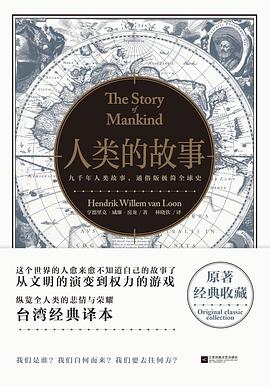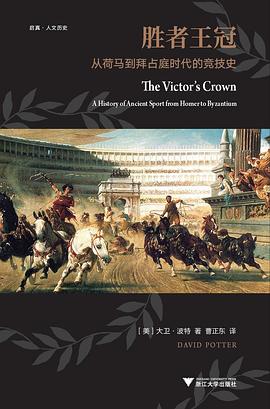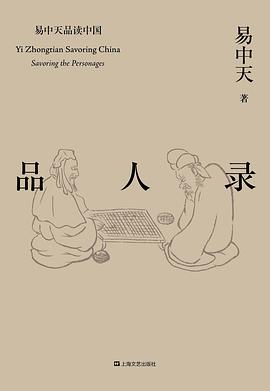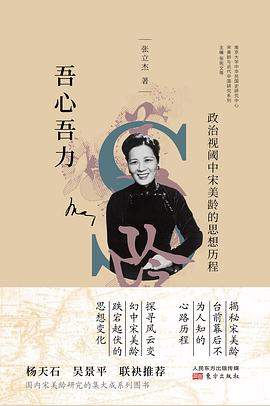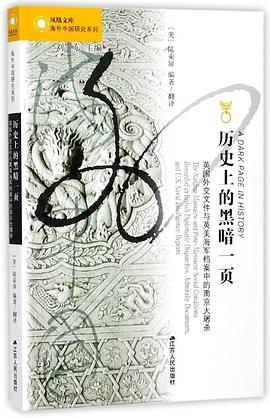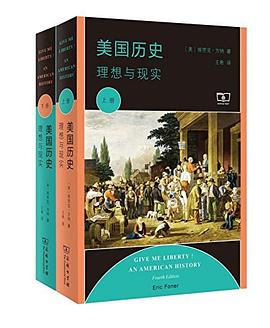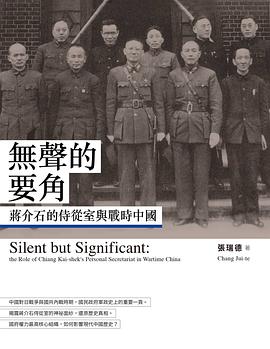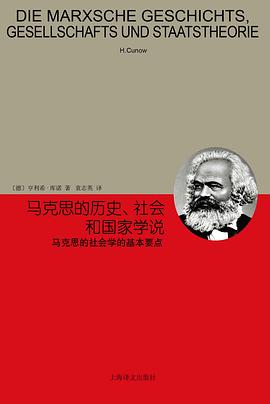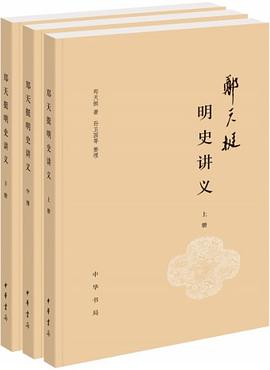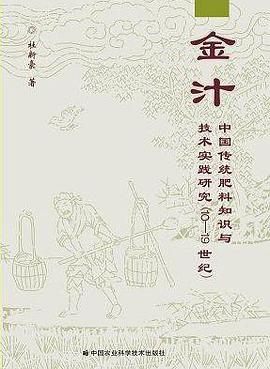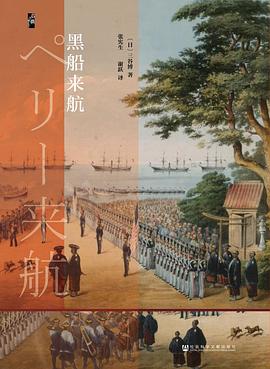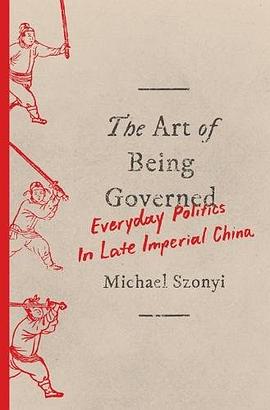
The Art of Being Governed pdf epub mobi txt 電子書 下載2025
- 曆史
- 海外中國研究
- 明清史
- 宋怡明
- 社會學
- 社會史
- 曆史人類學
- 明史
- 政治哲學
- 治理藝術
- 權力結構
- 公民意識
- 製度設計
- 社會秩序
- 公共管理
- 領導力
- 政府責任
- 公民參與

具體描述
How did ordinary people in the Ming dynasty (1368-1644) deal with the demands of the state? In The Art of Being Governed, Michael Szonyi explores the myriad ways that families fulfilled their obligations to provide a soldier to the army. The complex strategies they developed to manage their responsibilities suggest a new interpretation of an important period in China's history as well as a broader theory of politics.
Using previously untapped sources, including lineage genealogies and internal family documents, Szonyi examines how soldiers and their families living on China's southeast coast minimized the costs and maximized the benefits of meeting government demands for manpower. Families that had to provide a soldier for the army set up elaborate rules to ensure their obligation was fulfilled, and to provide incentives for the soldier not to desert his post. People in the system found ways to gain advantages for themselves and their families. For example, naval officers used the military's protection to engage in the very piracy and smuggling they were supposed to suppress. Szonyi demonstrates through firsthand accounts how subjects of the Ming state operated in a space between defiance and compliance, and how paying attention to this middle ground can help us better understand not only Ming China but also other periods and places.
著者簡介
Michael Szonyi is professor of Chinese history and director of the Fairbank Center for Chinese Studies at Harvard University. His books include Practicing Kinship: Lineage and Descent in Late Imperial China and Cold War Island: Quemoy on the Front Line.
圖書目錄
Dramatis Familiae xiii
Introduction A Father Loses Three Sons to the Army: Everyday Politics in Ming China 1
PART I IN THE VILLAGE
1 A Younger Brother Inherits a Windfall: Conscription, Military Service, and Family Strategies 25
2 A Family Reunion Silences a Bully: New Social Relations between Soldiers and Their Kin 64
PART II IN THE GUARD 3 An Officer in Cahoots with Pirates: Coastal Garrisons and Maritime Smuggling 83
4 An Officer Founds a School: New Social Relations in the Guards 109
PART III IN THE MILITARY COLONY
5 A Soldier Curses a Clerk: Regulatory Arbitrage Strategies in the Military Colonies 131
6 A Temple with Two Gods: Managing Social Relations between Soldier-Farmers and Local Civilians 159
PART IV AFTER THE MING
7 A God Becomes an Ancestor: Post-Ming Legacies of the Military System 191
Conclusion 215
Acknowledgments 239
Glossary 241
Notes 245
Bibliography 269
Illustration Sources 291
Index 293
· · · · · · (收起)
讀後感
来自宋怡明教授的专访,http://mingching.sinica.edu.tw/en/Academic_Detail/567 宋教授將於 2017 年 11 月底出版第三本專著《The Art of Being Governed:Everyday Politics in Late Imperial China》(被統治的技藝:帝制中國晚期的日常政治,簡稱《被統治的技藝》)。從書名...
評分平素读书,喜好读史,以明心智。年轻时候,眼高气盛,喜欢读“大历史”:史记汉书、资治通鉴、人物传记、诸子原典……沉浸于上下五千年的滔滔长河,纵揽风云际会的胸胆开张,读得久了,也会做青史留名的梦,幻想自己也能像历史上的贤才名将似的建一番功业。然而,我们中的绝大...
評分如果“规训”(discipline)之网确实处处变得更加清晰、将更多人牢牢套住,那么对以下问题的求索便显得愈加迫切:整个社会是如何反抗堕入此规训之网的?众人是通过哪些惯用的(亦即日常而“微不足道”的)手段操纵规训的机制,以求在顺从中加以规避? 最后,又是怎样的“运作方...
評分 評分我完全不认为此书属于华南学派或历史人类学的著作,这本书的基本关照/研究侧重都与华南学派大相径庭,信仰和历史结构的形成都不是其考虑的对象。此书就是典型的制度史著作,只不过作者在考察阶段借鉴了历史人类学的方法,又与华南学派关系较为紧密而已。这样“活的制度史”对于...
用戶評價
1)英文本剛齣版的時候就買瞭,但一直放在書架上沒打開來過。現在中譯本也已經齣瞭,還是老老實實拿來讀一遍吧;2)本書在學術上的貢獻,中譯本條目下薩博·羅薩博士(Dr. Sub Rosa XD...)的短評已經寫得很清楚瞭。我相信,對明清史,尤其是明清社會經濟史和法製史,以及華南研究有瞭解的朋友,應該是很能夠進入本書的脈絡的。其實Szonyi講的東西並不難,但值得注意的是,他用瞭怎樣的理論架構以及敘述脈絡,串起一些既有的研究,然後把故事講得清楚,說得精彩;3)關於「套利」,可以讀一讀宮崎廣和(Hirokazu Miyazaki)的Arbitraging Japan;4)突然發現宋怡明的三本書我都讀過,講金門的依稀還有印象,第一本Practicing Kinship已經完全不知道講的是啥瞭。。。
评分我磕磕絆絆讀完然後戰戰兢兢打個四星。雖然很多anecdote很通俗接地氣,但行文畢竟非常學術,偶爾覺得dry. 中國人民與天鬥與官鬥的智慧並不會surprise我,但作者的格局更高,隻恨我沒有社會學或者曆史研究的理論基礎,沒法dive deep瞭。母上大人不知道看瞭矮大緊哪個節目後給我強烈推薦這本書,我覺得她自己不一定能讀進去...
评分獻給的三位老師說明瞭學術淵源:蔔正民,科大衛,鄭振滿。講得一手好故事,雖然讀完時不少細節都記不清瞭。micro-history, bottom-up, social and cultural. 結論思緒飛揚,有格局有情懷。
评分明朝福建東南沿海的平民與軍戶注冊製度的互動:最優化策略optimization(宗族內輪流提供兵丁、宗族的某支長期提供兵丁,其他分支給予其補償、雇傭外人代替服役)、接近性策略proximity(利用在軍事製度中的特殊地位逐利<軍人勾結海盜走私>)、監管套利regulatory arbitrage(利用不同管理體製的重疊和間隙<軍田與民田>)、先例策略precedent(在清代軍戶尋求延續其在明朝體製下的特權)。東南沿海的宗族親屬結構不隻是文化和曆史的産物,還是政治選擇,是作為其與國傢之間的中介的非正式製度。平民利用國傢的語言、主動被國傢看見,並將其轉化為政治資源。明朝東南沿海的商品化早於商業化,在前現代中國,閤同發揮的作用與其在西方政治經濟生活中不同,是平民最優化與國傢互動的一種工具。
评分"State interventions and the responses of people affected by those interventions generated transformations in the architecture of social space."
相關圖書
本站所有內容均為互聯網搜索引擎提供的公開搜索信息,本站不存儲任何數據與內容,任何內容與數據均與本站無關,如有需要請聯繫相關搜索引擎包括但不限於百度,google,bing,sogou 等
© 2025 book.quotespace.org All Rights Reserved. 小美書屋 版权所有



